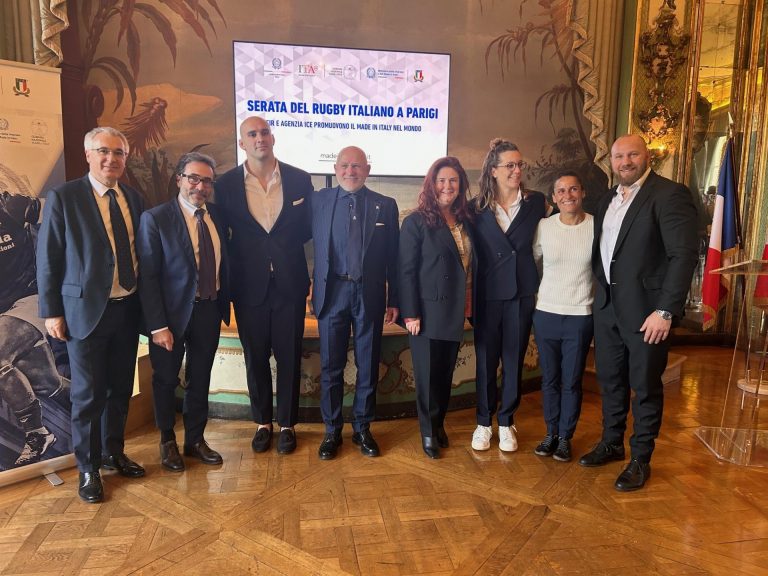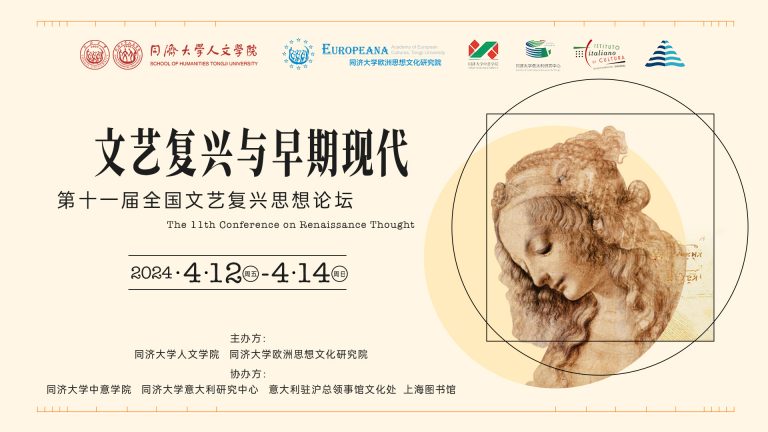(valid only the actual speech delivered)
Mr Prime Minister Cameron,
Mr. President Sheikh Sharif,
Ladies and gentlemen,
I wish to thank Prime Minister Cameron for convening this very timely meeting which will hopefully give a strong impulse to the solution of the Somali crisis.
Indeed, the crisis in Somalia needs a full sense of responsibility from the Somali Institutions and a stronger response from the International Community. The external dimension of the conflict constitutes a serious threat to international security. Its domestic dimension means prolonged suffering for the Somalis. Both phenomena are equally unacceptable.
Somalia is affected by a severe institutional fragility. The scourges originating from the Country, such as terrorism and piracy, have been nourished during the last twenty years by chronic instability, ineffective State initiatives and lawlessness. Nevertheless, we do believe there are still concrete chances for the Somalis to reconstruct a viable State at peace with its neighbours. And Italy is ready to do its part, as it has until now, to help this process.
Mr President,
too often diverging international agendas and a lack of harmonization in our positions have hampered concrete progress in the attempts to stabilize the country. There is space for a better coordination of the International Community’s efforts and today’s conference goes in the right direction.
We welcome an inclusive Joint Financial Management Board to ensure an effective management of public revenues and to improve the mutual accountability between donors and the Somali authorities. As an important supporter of the rebuilding of the country, Italy is ready to participate.
We agree on the proposed set of principles for the support to local stability. It is crucial to prop up the authorities who achieved successful reconciliation process such as Puntland, the administrations controlled by Ahlu Sunna Wal Jama’a and Somaliland, whose presence here today I especially commend. Variety is not at odds with some form of unity, hence we encourage the convergence of those authorities with the Government in Mogadishu. We believe that the different experiences of Somali local realities can be the foundation of a peaceful Somali State.
Italy is a traditional supporter of the African Union’s role in the field of peace and security. In order to enhance the coherence and impact of International Community’s efforts, consideration should be given to a stronger cooperation between the UN and the AU. This would strengthen the African ownership and ensure consistence between the political process and the ongoing military operations.
Mr President,
During this lengthy transition, Italy stood beside the Transitional Federal Institutions: now we expect the prompt implementation of scheduled reforms in order to give Somali a new institutional framework in due time. The current status quo is not an option: we will not accept a further extension of the “transition”.
“Somali ownership” is a broadly-accepted principle that Italy fully shares and defends. The Djibouti peace process, providing for a framework opened to all potential Somali stakeholders, keeps being our reference point. The Roadmap and the “Garowe principles” represent positive steps in this direction: their full and timely implementation will ensure that the Somali transition be successfully completed. We support reconciliation which empowers those regional, local, religious, community leaders willing to engage in the peaceful political process.
Mr President,
I would like to conclude by recalling that more than one third of Somalia is still ruled by the insurgents, whose capacity to control the territory does not lie on sole coercion. Stability and development are the best antidotes to terrorism. To this effect , Italy believes that an effort is to be made to engage Somali Islamist groups which renounce international terrorism and allow unhindered humanitarian access. However, it is crucial to do so from a strong position, which today depends on our ability to act united.
Thank you.





